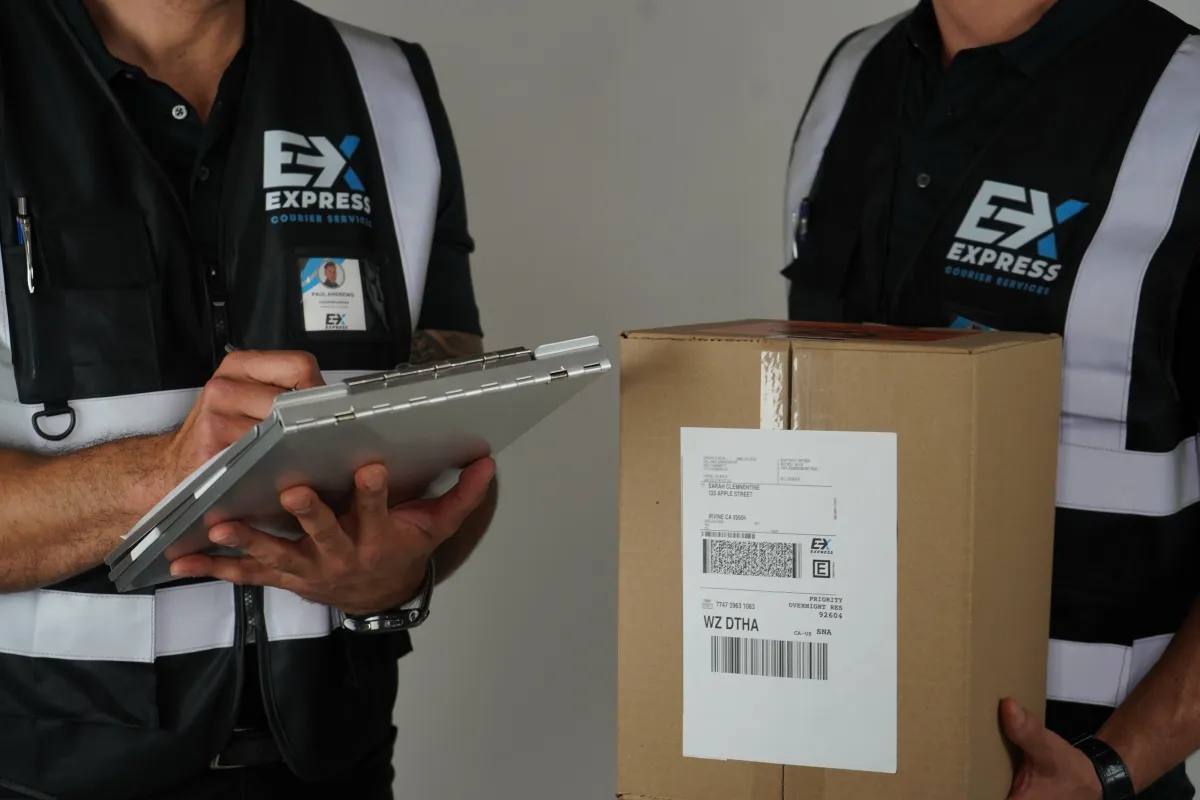
The Future of Healthcare Logistics
Healthcare logistics involve the multifaceted flow in managing transportation, warehousing, and distribution operations for pharmaceuticals and other medically related products. This logistics sector is vital in ensuring the timely and efficient delivery of life-saving medical supplies, from pharmaceutical supplies to life-saving medical devices, at all touch points within the health care supply continuum. A variety of factors lead to the continued transformation in this area of health care logistics.
Key drivers, in this aspect, are technological innovations. Some of the emerging streams of technologies rewriting how healthcare logistics function include blockchain, AI, IoT, and automation. For instance, blockchain offers unparalleled transparency and safety in recording each stage of the supply chain with perfection, safeguarding against tampering. AI and machine learning optimize route planning, inventory management, and demand forecasting to improve the efficiency of logistics. The IoT devices allow real-time monitoring of the conditions of storage and transportation under which medical products are stored and moved. Besides, automation and robotics align processes in warehouses and distribution centers better and reduce human error, increasing speed and accuracy.
The other underlying factor that is transforming the prospect of healthcare logistics relates to the shifting demographics. As the global population continues to get older, its need for health products, especially those designated for elderly people, intensifies. Therefore, this trend puts additional pressure on the responsiveness and adaptability of logistics systems so that a broad array of medical products can be delivered with efficiency to meet the increasing demand. Secondly, rapid urbanization in most developing countries introduces other challenges to the distribution of healthcare products. Fully populated cities require very efficient and reliable distribution networks that can ensure that medical supplies reach each nook and corner, come what may with traffic congestion and scarcity of infrastructure.
Besides technological and demographic changes, the regulatory environment for healthcare logistics is gradually turning complex. All governments and regulatory bodies throughout the world are making more stringent regulations concerning data privacy, product safety, and environmental sustainability. For instance, compliance with the GDPR and HIPAA has been an important consideration for health logistics service providers; this is increasingly critical in health logistics to ensure the protection of sensitive patient data. Moreover, sustainability has increasingly come to the fore in the healthcare industry. From now on, logistics providers for healthcare should initiate processes that reduce the carbon footprint, decrease waste, and enable the ethical sourcing of materials. The changes in regulations are indeed challenging the industry to innovate and adapt in response to evolving standards.
In a nutshell, rapid transformation that is engulfing the future of healthcare logistics emanates from technological innovations, changing demographics, and changing regulatory landscapes. These changes come with significant challenges, yet at the same time, they present very exciting opportunities for the future of this industry in improving efficiency, resilience, and sustainability. As healthcare logistics continues to evolve, its role in ensuring that the right medical products are available to patients when they need them will be critical to improving health care outcomes across the globe.
Innovative Technologies
Blockchain
There is a blockchain that offers an awfully secure and transparent means for tracing medical products through the supply chain. Since it retains an immutable record of the transactions, it leads to an increase in product traceability, reduction in risks of counterfeiting, and improvement in visibility along with the supply chain.
AI-powered systems can optimize all the aspects of logistics operations: route planning, inventory management, and demand forecasting. Large volumes of data are analyzed by machine learning algorithms to come up with patterns and trends. The output is much more efficient and cost-effective logistics processes.
IoT stands for "Internet of Things." A set of IoT devices allows the monitoring of temperature, humidity, and other environmental conditions in real time to ensure that medical products will be transported and stored under optimum conditions. IoT sensors in a shipment also provide location tracking and alert stakeholders to any deviations.
Drones and Autonomous Vehicles
With a spate of possible improved times, increased efficiency, and reduced cost, drones and autonomous vehicles can aim at last-mile deliveries, more so in remote or otherwise difficult-to-reach areas.
Demographics Shifting
Aging Population
The rise in the population of older people worldwide will ensure that healthcare-related products and services are increasingly needed. Any healthcare logistics system would need to be in a position to deliver products to an aging population efficiently and reliably.
Urbanization
Rapid urbanization in developing countries, particularly, presents new challenges in the area of healthcare logistics. Urban areas characterized by dense populations need efficient distribution networks as a way of ascertaining timely access to medical products.
Regulatory Developments
Data Privacy
Stricter regulations, like those comprised in GDPR and HIPAA, have increased the demand for secure and compliant logistics solutions. This said, healthcare organizations will further have to invest in their measures of protection of data to increase security around sensitive patient information.
Sustainability
Sustainability is a growing concern for the healthcare industry. This includes reducing carbon emission, minimizing waste, and further committing to ethical sourcing. The logistics providers for healthcare will be under pressure to meet these demands by becoming more sustainable.
Opportunities and Challenges
The future of healthcare logistics has two sides to the coin-challenges and opportunities. Key challenges are:
Complexity: The healthcare supply chain is complex due to many stakeholders, many types of products, and high requirements for legislation and regulations.
Uncertainty: Supply chains might be disrupted due to fluctuations in the market, economic decline, or geopolitical events creating uncertainty.
Sustainability: It is quite difficult to find a balance between efficiency and cost-effectiveness and the goals of sustainability.
In spite of these, the future of healthcare logistics looks bright. With the integration of emerging technologies, shifting demographics, and adherence to new regulatory environments, healthcare organizations would come up with more resilient, efficient, and sustainable supply chains that finally help the patients by having access to various critical medical products on time.